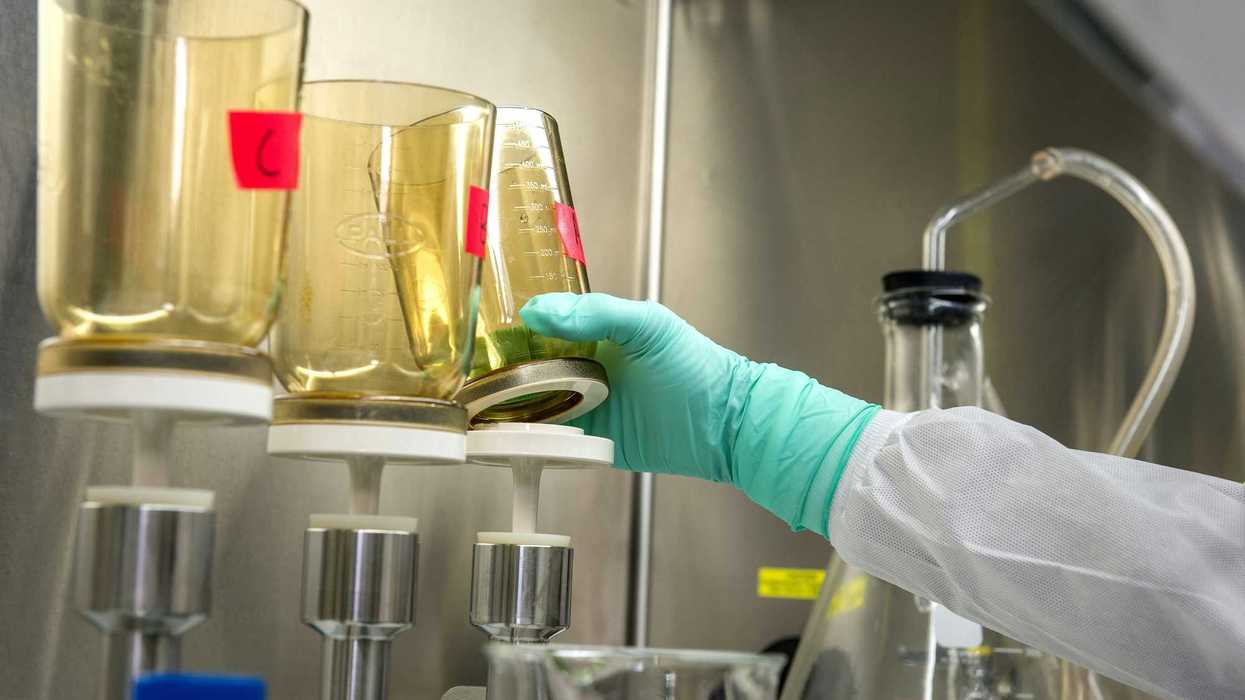Microplastics are accumulating in human organs, including the brain, prompting scientists to demand urgent action against plastic pollution.
Douglas Main reports for The Guardian and the New Lede.
In short:
- Microplastics have been discovered in human brains at levels 10 to 20 times higher than in other organs, raising alarm among researchers.
- These particles have also been linked to potential health risks, including oxidative stress, cardiovascular disease and fertility issues in animals.
- The lack of governmental standards for plastic particles in food and water compounds the concern, with calls for a global emergency declaration growing louder.
Key quote:
“There’s much more plastic in our brains than I ever would have imagined or been comfortable with.”
— Matthew Campen, toxicologist and professor of pharmaceutical sciences at the University of New Mexico
Why this matters:
This unsettling discovery suggests that microplastics are not just an environmental nuisance; they’re potentially a direct threat to our health. Researchers are raising alarms, noting that once these plastics cross into such vital organs, the long-term consequences could be severe, possibly affecting brain function and overall health. Read more: A plastic recipe for societal suicide.














